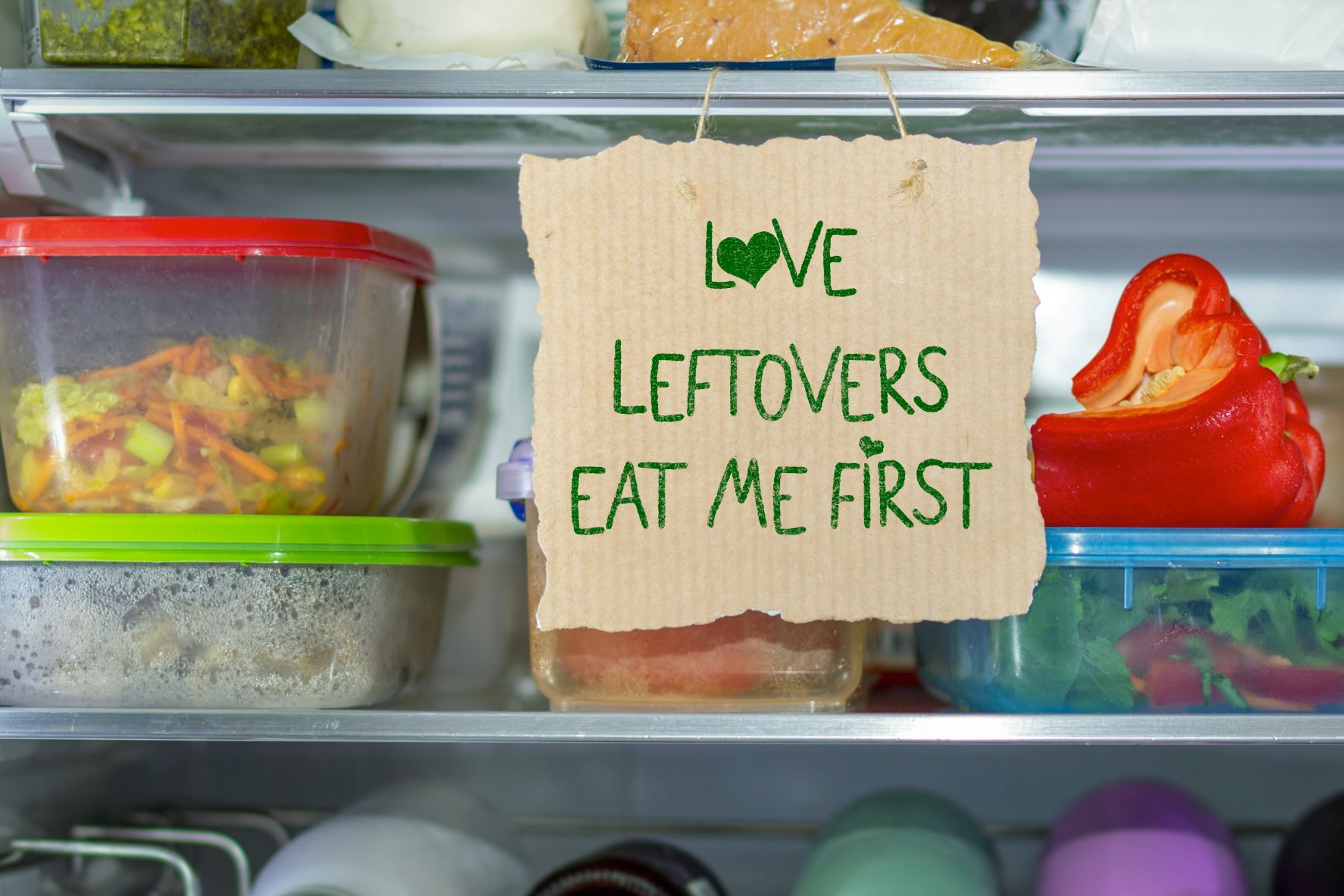If you are worried that your child, parent or friend may have an eating disorder, such as bulimia or anorexia, there are many sources of online support.
Eating disorders: the facts
As many as 1.25 million people suffer from an eating disorder in the UK, according to estimates from the charity Beat. While eating disorders most often develop in a person’s teenage years, victims can be as young as six years old. Eating disorders can develop later in life, too, with first-time diagnoses of people in their 70s now on record.
According to Beat, around three-quarters of eating disorder sufferers in the UK are female. Disorders include bulimia, binge eating, avoidant/restrictive food intake disorder (ARFID), other specified feeding or eating disorder (OSFED), and anorexia, which has the highest mortality rate of any mental illness.
If a family member – child, sibling, parent, grandparent – is suffering from an eating disorder, that has an impact on everyone who loves them. But recovery is possible: Beat cites research suggesting that just under half (46%) of anorexia patients fully recover, a third improve, and around one-in-five remain chronically ill. Similar research into bulimia suggests that 45% make a full recovery, 27% improve considerably and 23% suffer chronically.
Body image and social media: How to talk to your teenager
Influencers and charities are tackling unrealistic standards of beauty head-on, as teenagers grapple with impossible expectations, often to the detriment of their mental health.
Dr Omara Naseem, a London-based consultant psychologist who specialises in treating eating disorders, endorses the message that recovery is possible. “Early intervention with eating disorders is key in order to stop behaviours becoming entrenched and reverse physical changes that occur,” she explains. “Ideally this would be within the first three years of development. However, it is important to note [that] recovery is possible at every age and stage of the disorder but will take longer with a longer history.”
Signs and symptoms of eating disorders
Naseem lists the following as signs of an eating disorder, adding that a patient will usually display a few of these behaviours:
- Thinks about food all the time
- Dieting
- Misses/skips meals
- Eats alone
- Counts calories
- Worries around meal times
- Guilt after eating
- Worries about losing control around food
- Comfort eating
- Weight loss
- Frequent changes in weight
- Missed menstrual periods
- Vomits after eating
- Signs of damage due to vomiting (such as grazed knuckles)
- Worries about body shape and weight
- Frequent checking of their body shape or weight (or yours)
- Avoids looking at their body
- Compares their body (of yours) with others
- Eats meals very slowly
- Excessive exercise
- Frequent trips to the toilet during or shortly after meals
- Steals food
- Regularly asks for reassurance from others about food, body weight or shape
- Avoids lots of foods
- Avoids social situations
If parents have noticed one or a few of these signs, Naseem advises investigating with a general conversation. “If anyone is acting secretively around food, [has] made noticeable changes to the amount or pattern of eating, and appears rigid and inflexible with timings or types of food, it’s worth asking them if they are okay, as you are worried and have noticed worrying changes.”
Rather than launching a specific interrogation, Naseem advises staying focused on the person’s emotional state: “Try not to get tangled in the specifics and encourage communication around anything that may have changed in their mood and what they may be experiencing.”
When a parent has an eating disorder
“We’d encourage parents with eating disorders to check in with their own thoughts and feelings, and speak to their GP or care team if they are struggling,” says Tom Quinn, Beat’s Director of External Affairs. “We’d also encourage modelling healthy behaviours where possible, such as not referring to certain foods as ‘bad’ or ‘naughty’.”
If your child is a fussy eater, then the internet can help
If your family’s mealtimes are plagued by your child’s food phobias, or if you just want to build healthier eating habits together, this guide can help improve your child's relationship with food.
What role does a child’s digital life play in their attitude to eating?
“Whilst looking at harmful content wouldn’t be the sole cause of someone developing an eating disorder,” observes Beat’s Quinn, “it could cause those already affected or vulnerable to carry out dangerous eating disorder behaviours. Unfortunately, there is a lot of so-called ‘pro-eating disorder’ content online, but it’s important to remember that, in most cases, those creating or sharing it are unwell themselves, so don’t intend it maliciously.”
Quinn offers clear instructions for vulnerable people when they encounter such content online: “If anybody is struggling, we’d encourage them to step away from social media, block harmful accounts or use the ‘Not Interested’ feature, and instead focus on positive sources of support, such as Beat.”
Dr Naseem advises parents to talk to their children about healthy social media use, and “detoxing and tidying up feeds”. She explains: “It can be useful to put in place healthy limits, using the daily limit timer reminder available in the app settings or checking it at a specific time of day for a specific amount of time.”
How to talk to your teenage sons about online toxicity
If you’re a parent struggling to talk to your adolescent or preteen about the worrying internet content they’re consuming, these tips from a clinical psychologist could help.
It is also useful to have conversations around being realistic about the images we see online: “How many times have you gone on to Instagram to scroll and seen something that suddenly shifts your mood from being upbeat to feeling inadequate or sad that you aren’t on a sunny beach?” she asks.
“Nobody is posting content that reflects the average day – or body type – as this doesn’t get likes in the way influencers want, so it’s good to keep in mind that what you are seeing is a filtered distortion of reality.
“Try not to compare [yourself to them] and tidy up what you follow to ensure it’s uplifting and recovery-focused content.” Naseem also advises avoiding content around food and fitness by selecting ‘irrelevant’ if an app or website’s algorithm presents such content.
Cost of living: Cut down on food waste to save money
As the cost of living soars, here are a few ways to eliminate waste in your kitchen and trim your supermarket bills.
How to get help with eating disorders
Visit your GP, who should refer you to a specialist eating disorder service, private therapy and Beat.
Support for loved ones
Beat has a free website called POD (peer-support and online development), which is designed to support people caring for a loved one with an eating disorder (including parents, partners and families). POD also includes support services, which gives carers guidance about how to plan for mealtimes and how to guide their loved one towards recovery.
Daily helpline
In addition to a range of other online help resources, including a glossary and a searchable directory of face-to-face help providers, Beat’s one-to-one webchat is open every weekday.
More information
The NHS website has advice for parents of children who may have an eating disorder.
Dr Omara Naseem posts advice on her Instagram account.
Stay up to date with the latest news from Vodafone by following us on LinkedIn and Twitter/X, as well as signing up for News Centre website notifications.
![hands wrapped in tailor measure tape [Adobe Stock] cropped edited stock image of a woman's hands covering her face while also wrapped in measuring tape](https://www.vodafone.co.uk/newscentre/app/uploads/2024/07/hands-wrapped-in-tailor-measure-tape-Adobe-Stock-cropped-edited.jpg)
![Portrait of school age boy sitting at kitchen table do not want to eat[Adobe Stock] stock photo of a young boy sitting at a kitchen table, refusing to eat the food in front of him](https://www.vodafone.co.uk/newscentre/app/uploads/2024/03/Portrait-of-school-age-boy-sitting-at-kitchen-table-do-not-want-to-eatAdobe-Stock.jpg)


